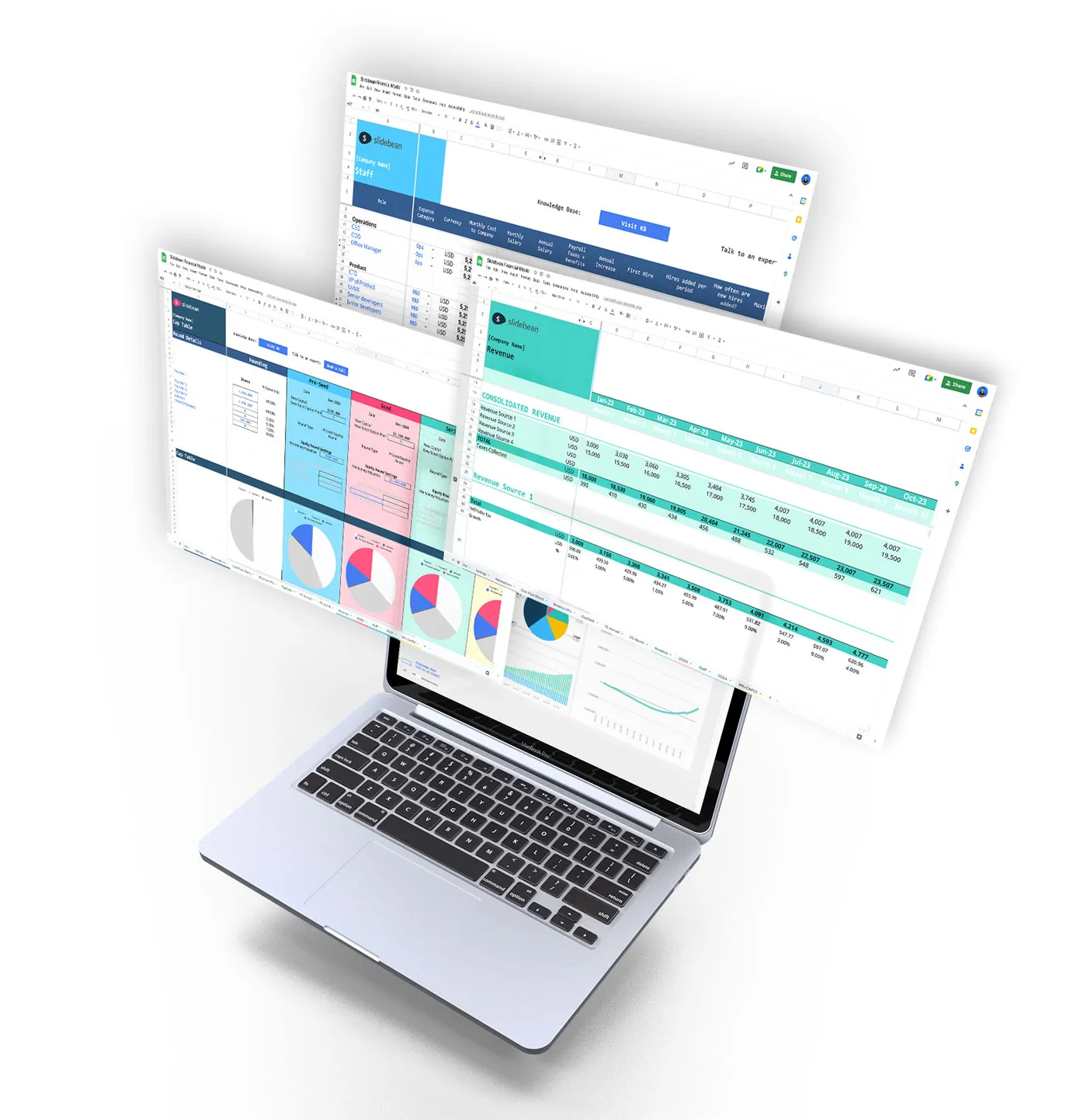
Starting a mobile app business undoubtedly sounds like a perfect business idea. It seems uncostly at first and can help either as the main product for a starting company or as part of a testing phase on potential markets or audiences. Either way, we figured giving you a quick blog read which answers how to start a mobile app business. It can be a valuable starting point if you’re thinking about going down that road.
Before developing a mobile app
First, take your competition into account. By quarter 3 of 2020, Android was hosting about 2.87 million apps. And the same source we’re honoring records almost 1.96 million apps running on Apple’s App Store at the same time. Competition is fierce. So, before turning a great idea into an app, make sure you at least acknowledge, yet hopefully also scout and research, those apps currently out in the market. Study your competition as you would any other brick-and-mortar shops that sold your same physical product, for example.
And look for the gap to fill
There should be a fresher take at your business solution than those currently out there. What’s your unique approach to your mobile app development? Consider different ways to integrate uniqueness and innovation in your proposed solution to a known problem.
On this note, determining competitors’ strengths and weaknesses should help. For that, consider actions such as running a thorough SWOT analysis, for example.
Also, think of quality
You also run the risk of being removed if you think low quality will do it. Apple and Google remove those sorts of apps on the regular, which doesn’t stop a high influx of apps from flourishing at all times over the internet. Take innovation and development costs into account as you plan to bring your app to fruition.
Reviews will matter
Tied to above, also take into account that choosing between one app download or the other on the daily use of app stores is very commonly linked to user rating and reviews. You’ll want 5-star ratings, or as close as you can get to that, in general, and average to increase app downloads.
Consider pricing
As with every product positioning, pricing is an enormous part of the business equation. And you can go around this in different ways. Some models use paid download as the means of making ends meet (and, hopefully, revenue.) Others add features per sale as a part of bringing in funds. And ads have also become another way to monetize.
Typically, a buck or two, at most, will do for pricing. As you can see from brief scouts in app stores, $0.99 is usual.

Mobile App Development
As you set out to develop your app, make sure you’ve considered its key function and what people will use it for. Answer precisely the need you’re solving and what they’ll gain by coming to your app for that versus using someone else’s.
Also, ensure you know the specific goal you’re achieving by making it, right? The app as a product launch should ideally tie in with concrete and overall business goals.
Check our Mobile App Financial Model template
Consider other options and hybrids
By the way, have you been able to answer why an app is a better offer than a mobile website for what you’re trying to put together? Distribution, access, speed in performance, cost, and many other factors can significantly weigh in here.
You can also create your company around different tech offers, such as a website that gives our certain perks with an app that complements other features, etc.
Let what you determine is the best combination for your company define the amount of knowledge and expertise you need on your internal teams’ records. And tie those salary or co-founding costs as another alternative with your overall budget and financial documents. These facts will also directly affect your timelines and other development and company projections.
Picture your target audience
And this is where knowing your potential users like clockwork truly helps. For any business proposition, your end-user should be fully clear. Imagine that dream user and materialize them into avatars even, if you can. Know what they eat, drink and do for fun. Be aware of every detail making up their consumer lives, so you tailor your app best for its precise audience.
Now, pitch it!
Part of getting a mobile app running is pitching it to potential stakeholders and investors. The time will come when you’ll need the money and have to go out to find it. Prepare well for that. We certainly suggest using professional design services by knowledgeable marketing agencies that can prove their startup success story.
Go for anyone with broad experience raising funds successfully. It’ll be vital as you need to know you’re working with people who can order your slides in a way that’s most relevant to your business pitch. And it also helps to have someone who knows about marketing enough to effectively brand your slides. Get them to position your logo and boost your overall first impression to important parties.
Need a cheaper option for now?
Go for our pitch deck slides to choose the template that best applies to your needs. Use our pre-formatted slides as a base. With our AI tool, you can easily brand your presentation with a single click! And use our content base as a guiding tool to know what to include for every particular goal you set.
Put your pitch to the test
Common to every startup effort, put your pitch to the test once it’s set. Practice in front of family members and family, or pitch this to internal stakeholders. Get feedback from other entrepreneurs even if they’re not in your line of business. Get coaching if you need it. And, ultimately, come up with your elevator pitch to prove you know how to sell this deal in as long as a short elevator ride. We promise that having all this so clear can only be advantageous when you’re up for serious fundraising. Also, here are some elevator pitch examples to help you out some more. Yes, we love taking care of all your startup-related needs. And you’re certainly welcome.







